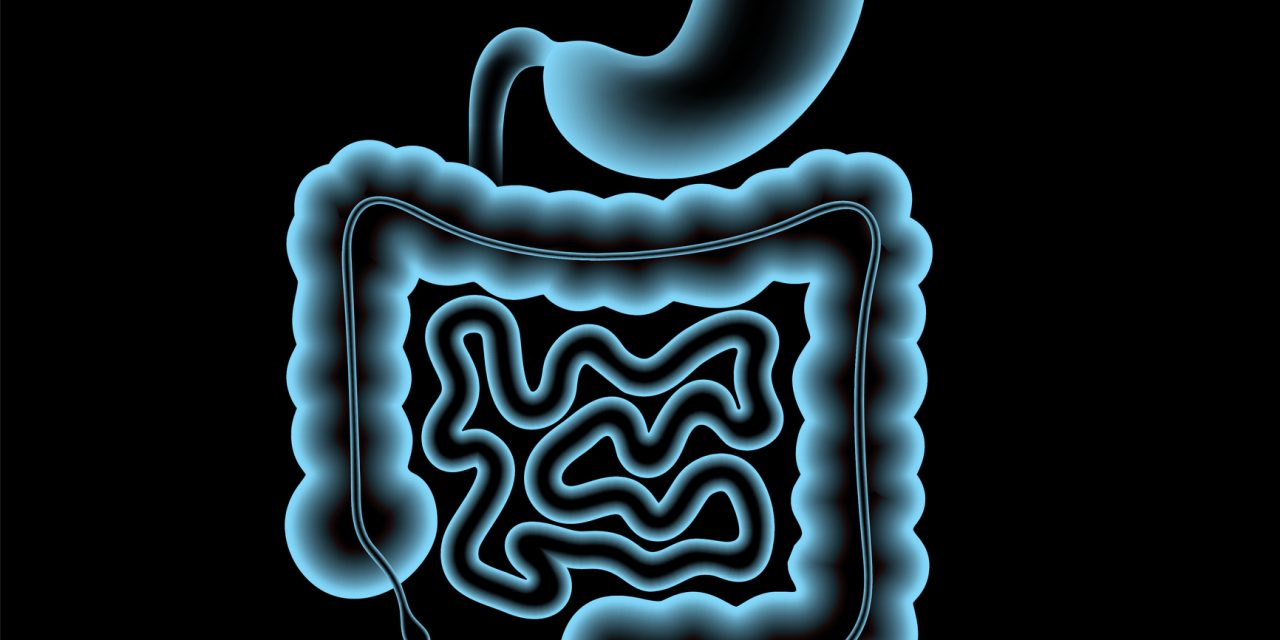Irritable bowel syndrome (IBS) is a functional gastrointestinal disorder associated with intestinal dysbiosis. Given reported promising results of open-label fecal microbiota transplantation (FMT) therapy in patients with predominant abdominal bloating, we studied efficacy of this treatment in a randomized, placebo-controlled trial.
Patients with refractory IBS, defined as failure of ≥ 3 conventional therapies, were randomly assigned to single-dose nasojejunal administration of donor stools (n=43) or autologous stools (n=19) in a double-blind study, performed from December 2015 through October 2017, and followed for 1 year. IBS-related symptoms were assessed using a daily symptom diary to determine general abdominal discomfort, abdominal bloating, abdominal pain and flatulence on a scale of 1-6. Number of daily bowel movements, consistency of the stools, and the abdominal circumference were also recorded. Patients completed the IBS-specific quality of life questionnaire. Primary endpoints were improvement of IBS symptoms and bloating at 12 weeks (response). Secondary endpoints were changes in IBS-symptom-scores and quality of life. Stool samples were collected for microbiota amplicon sequencing. Open-label re-transplantation was offered after the trial.
At week 12, 56% of patients given donor stool reported improvement in both primary endpoints compared with 26% of patients given placebo (P=.03). Patients given donor stool had significant improvements in level of discomfort (mean reduction of 19%; median score preFMT, 3.98; range, 2.13-6.00; median score post-FMT, 3.1; range, 951.29-5.90), stool frequency (mean reduction of 13%, median score preFMT, 2.10; range, 0.57-14.29; median score postFMT 1.7; range, 0.71-4.29), urgency (mean reduction of 38%; median score preFMT, 0.61; range, 0.00-1.00; median score postFMT, 0.37; range, 0.00-1.00), abdominal pain (mean reduction of 26%; median score preFMT, 3.88; range, 1.57-5.17; median score postFMT, 2.80; range, 1.14-4.94), flatulence (mean reduction of 10%; median score preFMT, 3.42; range, 0.71-6.00; median score postFMT, 3.07; range, 0.79-4.23), and quality of life (mean increase of 16%; median score preFMT 32.6; range, 11-119; median score postFMT, 43.1; range, 32.25-99). A significantly higher proportion of women given donor stool (69%) had a response than men (29%) (P=.01). Fecal samples from responders had higher diversity of microbiomes before administration of donor material than fecal samples from non-responders (P=.04) and distinct baseline composition (P= .04), but no specific marker taxa were associated with response. After single FMT, 21% of patients given donor stool reported effects that lasted for more than 1 year, compared with 5% of patients given placebo stool. A second FMT reduced symptoms in 67% of patients with an initial response to donor stool, but not in patients with a prior non-response.
In a randomized trial of patients with treatment-refractory IBS with predominant bloating, FMT relieved symptoms compared with placebo (autologous transplant), although effects decreased over 1 year. A second FMT restored the response patients with a prior response. Response associated with composition of the fecal microbiomes before FMT; this might be used to as a biomarker to select patients for this treatment. ClinicalTrials.gov no: NCT02299973.
Copyright © 2020 AGA Institute. Published by Elsevier Inc. All rights reserved.
Fecal Microbiota Transplantation Reduces Symptoms in Some Patients With Irritable Bowel Syndrome with Predominant Abdominal Bloating: Short- and Long-Term Results from a Placebo-Controlled Randomized Trial.


